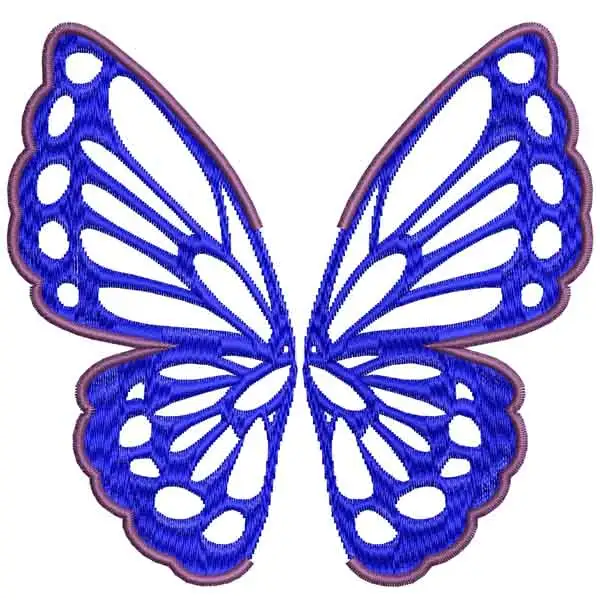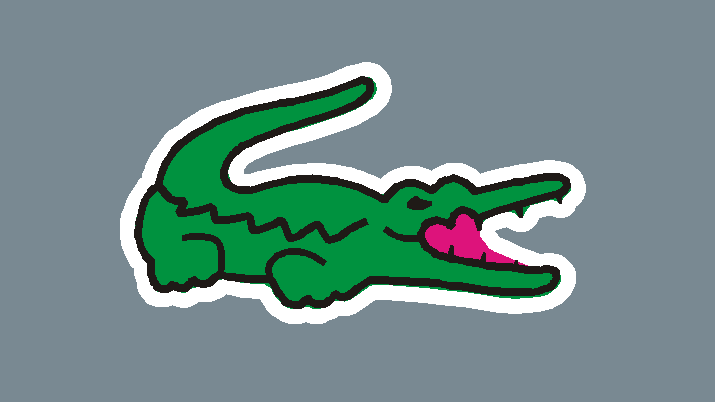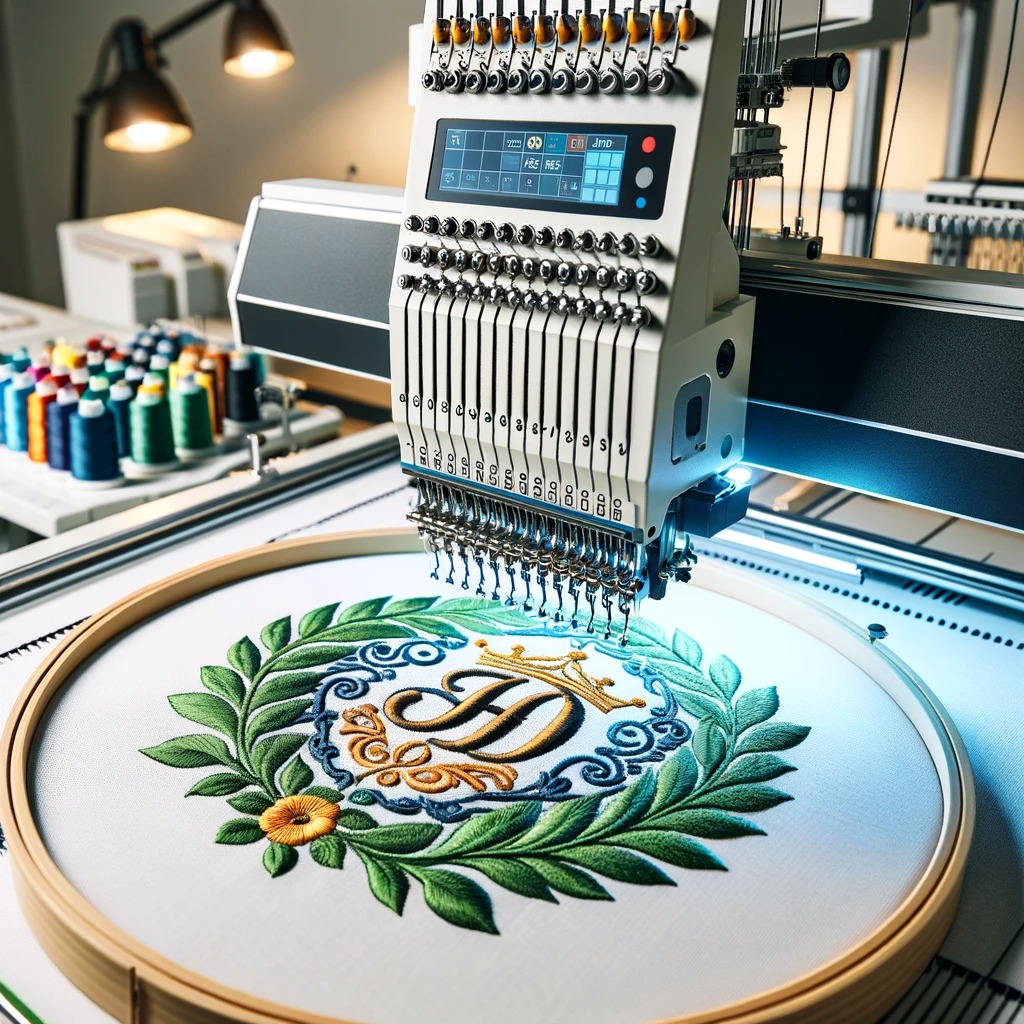As we enter 2025, the embroidery industry is undergoing significant transformations, driven by technological advancements and a growing focus on sustainability. One of the most exciting developments is the rise of smart digitizing and eco-friendly design solutions, which are set to revolutionize the way embroidery is done. These innovations not only improve the quality of embroidery designs but also make the process more efficient, cost-effective, and environmentally conscious.
The Evolution of Smart Digitizing
Smart digitizing refers to the use of advanced software and artificial intelligence (AI) to enhance the embroidery digitizing process. Traditionally, embroidery digitizing involved manually converting artwork into a digital file that embroidery machines could read. This process was time-consuming and required a high level of skill and attention to detail.
In 2025, smart digitizing has changed the game by incorporating AI and machine learning algorithms to optimize stitch placement, density, and sequence. These smart tools automatically adjust designs for different fabrics and thread types, resulting in more accurate and detailed embroidery with less manual intervention. This automation speeds up the production process, reduces errors, and ensures consistent quality in every piece.
Moreover, AI-driven digitizing tools can learn from previous designs and adapt based on the data they collect. As a result, digitizers can create more complex designs faster, with greater precision, without compromising quality. Smart digitizing also allows for better scalability, as it can handle large orders or intricate designs more efficiently than traditional methods.
Green Solutions in Embroidery
Sustainability is no longer just a buzzword; it’s becoming a core value in the embroidery industry. As awareness about environmental impact grows, businesses and designers are looking for ways to reduce their carbon footprint and promote eco-friendly practices. In 2025, green solutions in embroidery are at the forefront of this revolution.
One of the key areas where sustainability is making an impact is in the use of eco-friendly threads and fabrics. Traditional polyester threads, while durable, can be harmful to the environment. In contrast, many manufacturers now offer sustainable alternatives, such as recycled polyester threads or organic cotton threads, which are biodegradable and made from recycled materials. This shift towards eco-friendly materials reduces waste and minimizes the environmental impact of embroidery production.
In addition, advancements in embroidery machines are helping reduce energy consumption. Modern embroidery machines are designed to be more energy-efficient, using less electricity while maintaining high-speed production. This means that businesses can meet the demand for high-quality embroidery while also lowering their energy costs and reducing their carbon footprint.
Another significant trend is the use of water-based inks and dyes in the embroidery process. Traditional inks and dyes often contain harmful chemicals that can pollute water systems. Water-based alternatives, however, are safer for the environment and produce vibrant, long-lasting colors without the harmful impact on ecosystems.
The Future of Embroidery: Efficiency and Sustainability Combined
The combination of smart digitizing and green solutions is transforming embroidery into a more efficient and sustainable process. In 2025, embroidery businesses can offer faster turnaround times, superior quality, and more eco-friendly products, all while staying ahead of the competition.
As the demand for customized and personalized embroidery grows, so does the need for technology-driven, sustainable solutions. The rise of smart digitizing allows businesses to deliver highly detailed, precise designs, while eco-friendly practices ensure that these designs are created with minimal environmental impact.




